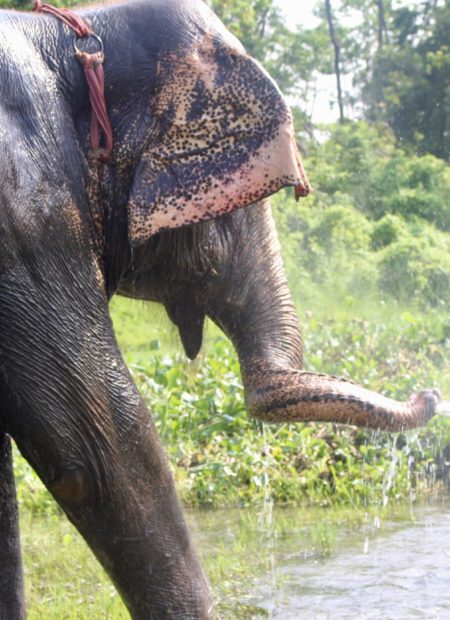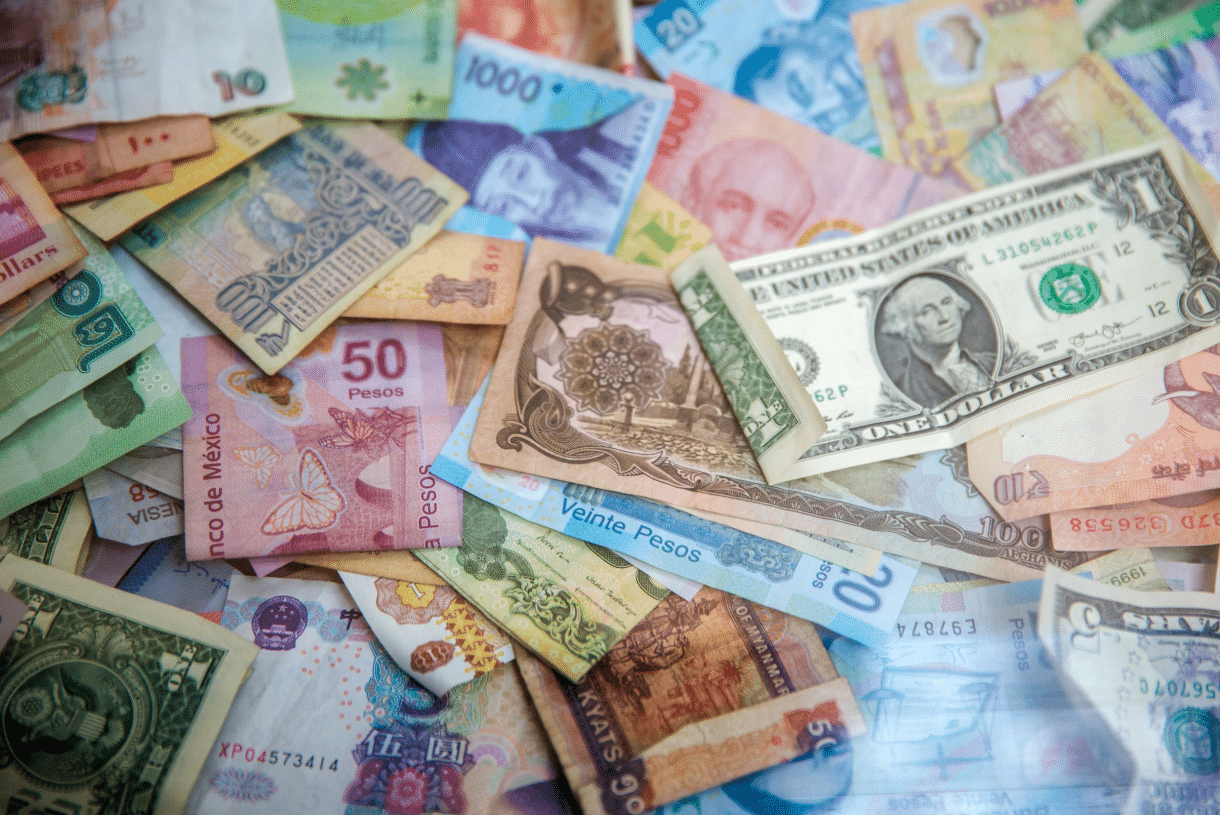
Tourism Leakage: 5 ways to support local economies on your next trip
Have you ever thought about where the money you spend when travelling ends up? Would you be shocked if I told you that less than £5 out of every £100 ends up in the economy you’re visiting? This is a concept known as tourism leakage. It’s important to know where money can slip through the cracks and leak out of the economy so that you can maximise the benefit of your visit to the local people and economy. Don’t worry, we’ll show you how!
What is ethical tourism?
Terms like “ethical” and “responsible” tourism are being used more and more frequently. But what is ethical tourism? Sustainability, combating climate change, and avoiding activities that exploit wildlife are probably the first to mind. These are all vitally important, but supporting local tourism needs to be a part of the conversation as well.
With the global pandemic and the resulting worldwide economic crisis, tourism, and doing tourism BETTER, is something that’s on everyone’s mind. I, like the rest of the world, am ready to embark on my next adventure. But when I do so, I want to be sure I’m travelling in a way that supports and empowers communities that have been devastated by the pandemic.
While the past year has been full of unprecedented challenges, it’s given us a reason to regroup and rethink the way we travel. We’ve all seen the social media campaigns urging us to “support local businesses”. Most large corporations have weathered the storm of COVID-19. But how many independently-owned businesses in your hometown have you seen bolt up their doors for good? For me, it’s been plenty.
Supporting local businesses doesn’t only mean going to the small coffee shop at the street corner rather than Starbucks. When finally hit the road, how can you make sure your money ends up in the pockets of local people instead of foreign-owned corporations.?
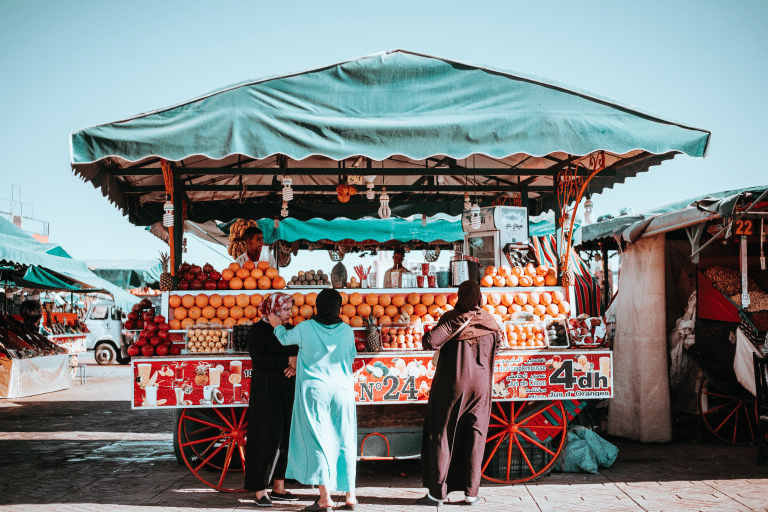
Sustainable travel in a post-pandemic world
It’s no secret that the pandemic has devastated economies worldwide. Tourism providers around the globe have been affected as flights were grounded, borders closed, and stay-in-place mandates ordered.
An estimated 100 million jobs were lost in the travel industry as a result of the pandemic, with 63% of these in the Asia Pacific region. So the next time you pack your bags for Bali, chances are things won’t look quite the same. The Hilton resort will still be there and cruise ships will be dumping sunburnt tourists onto ports. But that small mom-and-pop corner store with the amazing kebabs and sticky rice might not be standing.
Small and locally owned businesses have been by far the most affected by the Covid-19 pandemic. Those in the travel and tourism sector suffered the greatest according to a 2020 report by Facebook, with over half continuing to be concerned about the future. Small businesses often do not generate excess revenue and tend to reinvest any profits into growth. They do not have the deep pockets to survive a long period of time without a steady flow of income.
So what can we do to help? How can we ensure that some of our favourite destinations remain authentic, and more importantly, that local people can keep their jobs and support their families?
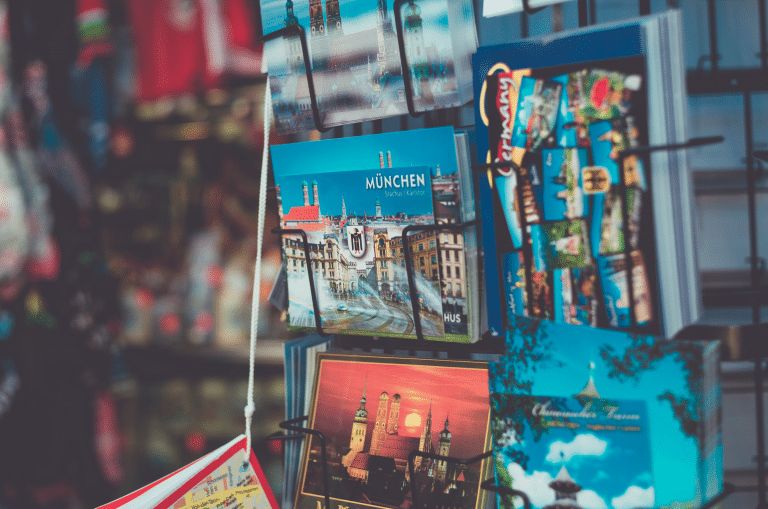
Tourism Leakage
It may seem like the answer is as easy as shopping, eating, and staying local. That is absolutely part of it. But to make big changes we need to dig a bit deeper to understand how money flows through your destination
Let me introduce you to the concept of Tourism Leakage.
Tourism leakage occurs when the revenue generated by tourism is lost to outside economies. This happens in two main ways;
- Import Leakage: When the products and services in a destination are not up to the standards of foreigners, goods have to be imported. Your tourist money is spent outside of your destination.
Export Leakage: Large foreign-owned businesses are often the only ones able to invest in-country. However, income generated through foreign-owned resorts and luxury tourism attractions is often sent back to the corporation’s country of origin.
“The United Nations estimates that out of every $100 USD a tourist from a developed nation spends on their vacation in a developing country, only $5 ends up in the local economy.”
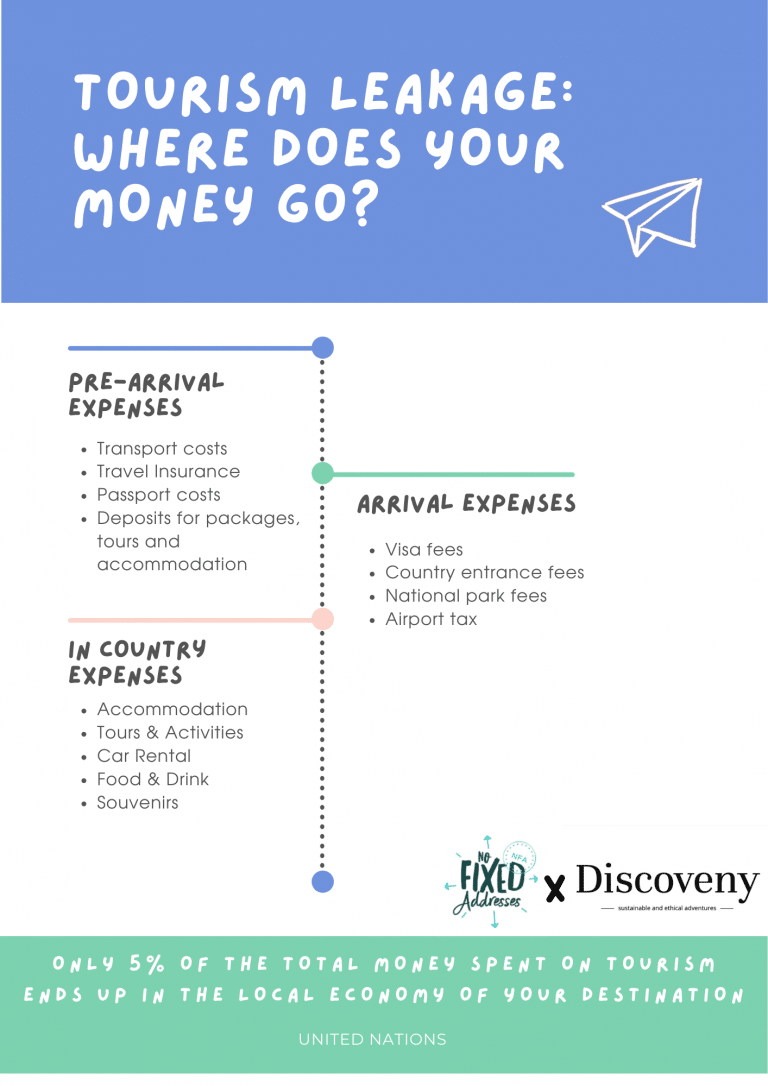
Where does your money end up?
1. Accommodation & Activities
So, where are the cracks that are leaking out your tourist dollars?
When you shop at international stores, eat at a foreign-owned chain restaurant, or stay in a brand-name resort, the money that you spend is exported outside of the country you’re visiting.
According to the UN, tourism leakage disproportionately affects developing nations. Wealthier nations are better able to realize the results of tourism and actualize profit. In contrast, developing countries that would benefit the most from additional income only see a small percentage. Accommodation is a huge problem here.
‘Well even if my hotel is foreign-owned and operated, they’re still playing a role in generating local jobs, right?’. Unfortunately, this is not usually the case. Many large companies ‘import’ English-speaking hotel workers for seasonal or short term positions. They take and spend their income in their home country when they return at the end of the season.
This is problematic for many reasons. Wages paid to foreign staff are taxed in their home country. None of it is re-invested into the community or local economy at your destination. The local people, the ones that make your trip memorable, don’t see any of the profits. The deeper we dig, the more exploitative the corporate tourism industry becomes.
Secondly, it’s important to recognize that if you want an authentic, and immersive experience, locals will be the ones in the know. If you expect to find the best fresh authentic Mexican food while in Yucatan, Mexico, chances are the front desk staff from the U.S. will just direct you to the tourist hot spots.
That goes for your tour operator as well. I can’t tell you how many times I’ve seen tours offered through big-name companies in places like Morocco or El Salvador that end up being run by foreign companies. And, although the local operators get paid an average wage for the country, they only see a fraction of the cost of the tour. This allows companies to generate huge profits.
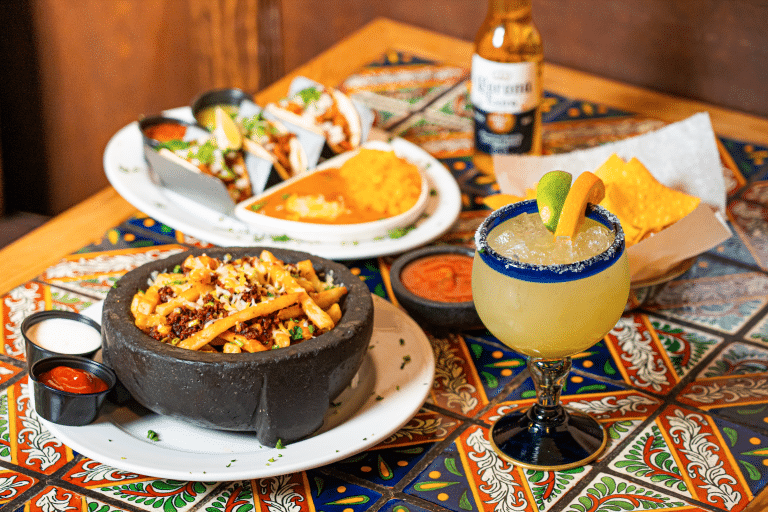
2. Food & Souvenirs
A good chunk of your travel budget will be going on accommodation and activities. It’s great to support locals as much as you can, but it’s also important to note that tourism leakage can happen in locally owned businesses too.
You’re guaranteed to see items in local shops and restaurants around the world that cater to foreign tastebuds. Order a coca-cola in Vietnam, and most of the profits will be exported to the Coca-cola corporate headquarters in the U.S. This goes for seasonal food as well. Anything out of season is most likely imported.
There’s no shame in enjoying your favourite treat when you’re craving a bit of home. After three months of living in Guatemala, I was so excited to stumble across a Snickers bar. Enjoying imported goods in moderation is fine. In fact, it’s nearly impossible to guarantee that every ounce of money you spend in a foreign country will go back to the local economy. But knowing where your money can escape and taking steps to avoid this are huge parts of tackling tourism leakage.
How can you reduce tourism leakage?
1. Stay Local
You may be surprised by just how many locally-owned options there are. In my experience, I’ve always had a more impactful and immersive trip when I’ve stayed in places owned by the residents of my destination.
When you’re booking your accommodation, search for “bed and breakfast”, “guest house”, and “boutique hotel”. Key words like these are often used to describe smaller places that are more likely to be locally owned. If you see somewhere unique, don’t be afraid to ask if you can’t find owner information online. It may take a bit more effort, but it pays off in the end.
Final tip. Many locally owned places do not have the budget to advertise in the same way that a corporate hostel may. If you’re down for some adventure, wait to book your accommodation until you arrive. Ask locals for their suggestions, and find your accommodation from there!
2. Book Tours With Locally Owned Companies
If you’re visiting a new place, chances are you might want a guided tour at some point. It may seem common sense for your tour to be run by local guides, but as previously mentioned, this is not always the case.
Do your research ahead of time and find a tour operator that is owned by and employs local people to conduct tours and activities. This means that the money you spend stays within the local economy.
You can try to search online but you’ll often run into the same problems as above. Read around and don’t be afraid to ask people for recommendations. Blogs are a great place to start!
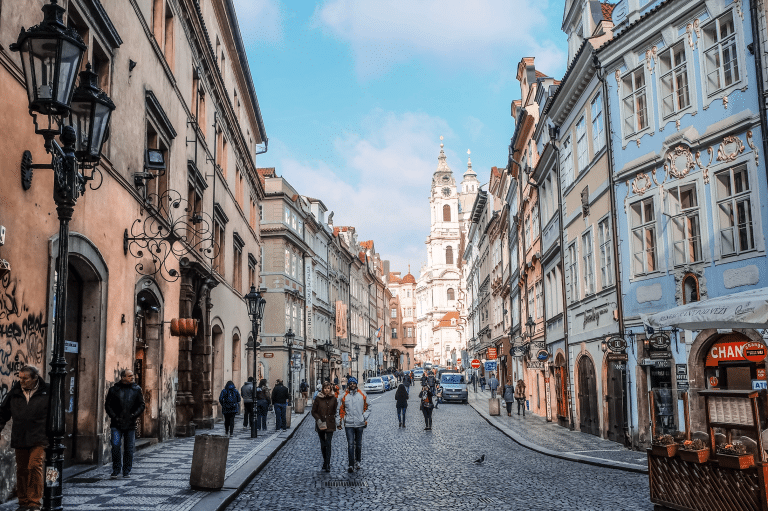
3. Be open to trying new things
We all love to try new foods when we go abroad. But even when eating ‘local cuisine’, many of the ingredients may be imported. This happens in many of the fine dining options you may find, particularly in developing countries.
So how can you prevent leakage while still enjoying the best dishes your destination has to offer? Enter the world of street food. I’m not kidding when I say some of the BEST meals of my life have come from a cart on the side of the road. Even better – ask locals where they eat. They will usually give you some pretty awesome recommendations.
Of course, it’s nearly impossible for every meal you eat to have zero tourism leakage. To maximise your positive impact, head to a place with locals. These are more likely to be serving food with ingredients native to the area, minimizing imports and pocketing more dollars for the local economy.
4. Avoid all-inclusive package tours
Believe it or not, all-inclusive tour packages are often some of the most damaging to local economies in terms of tourism leakage. I understand having everything booked in one go is enticing. But hear me out, it’s estimated that 80% of the money generated through all-inclusive packages leaves the country you’re visiting.
Package tour operators are usually based outside of your destination. As they organise your flights, accommodation, tours, and food, most of the money ends up being exported outside of the country. The purpose of many all-inclusive packages is to offer you the most services at the cheapest possible price. Unfortunately, this is often at the expense of the local economy.
5. Shop for souvenirs with local artisans
You’ll find souvenir stands at popular tourist sites worldwide. These often offer ‘authentic hand-made’ items. But there’s a solid chance that those items are crafted outside of the country. They’re mass-produced, imported, and sold by locals, but a huge percentage is taken by a large company.
If you just have to take something home, try to find local markets or independent artists to purchase your souvenirs from. You will be getting a unique piece and your money will go directly to the local economy!
While ‘conscious tourism’ is becoming more well known, there is still a long way to go. Some of the most desirable destinations in the world are located in developing countries. Many of these places have been the most severely impacted by COVID-19 and will likely be looking to open up borders to tourists as soon as it’s safe to.
Your money could make a huge impact, but only if you spend it right! Now, more than ever, it’s important that our tourist dollars end up in the hands of locals.
Disclaimer: The information and advice provided in this blog are the author’s opinions and based on their personal experiences. All information was accurate at the time of writing. However, things can change quickly, so always double-check current conditions and guidelines before setting out. Remember, your travels and safety are your own responsibility, and this blog can not be held responsible for anything that might happen on your adventures! Always exercise caution and good judgment. Oh, and don’t forget to get travel insurance! Happy travels!
This post may contain affiliate links (yay for transparency!) This means that I will earn a small commission, at no additional cost to you, if you click the link and choose to buy the product. I only link to stuff I have personally bought and found useful and never endorse crap. Your support helps keep the site going, thank you!
Alice
Alice is a UK travel blogger who advocates sustainable travel and being more eco-conscious on a budget. She loves coffee, her houseplants and summiting mountains.
You May Also Like
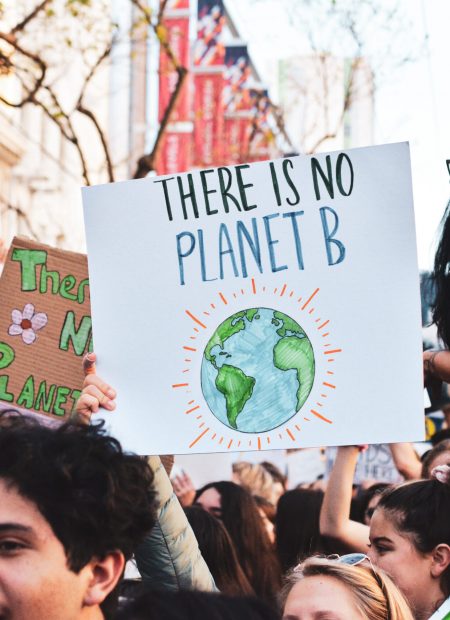
Voluntourism: Does it do more harm than good?
November 24, 2023
What I wish everyone knew about slow travel
February 6, 2021